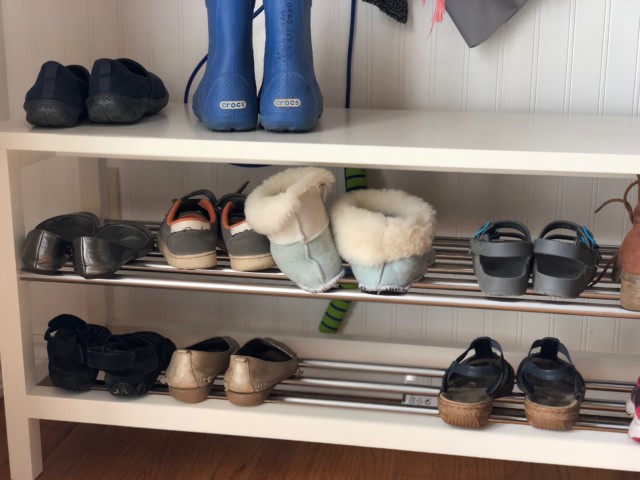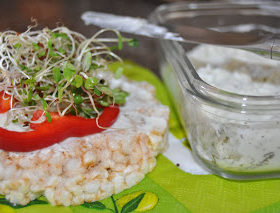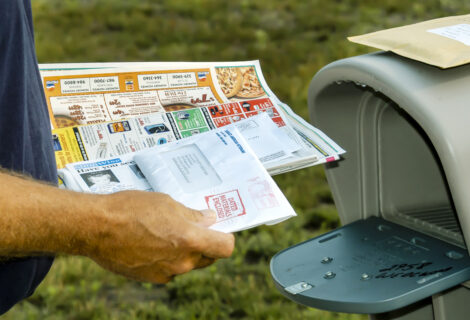Let’s discuss the benefits of removing your shoes while indoors. Many cultures do this as a matter of course, but in the US, we tend to keep our kicks on all the time.
In Asia, some countries will require that you remove your shoes outside and leave them outside overnight. Other countries like Japan often have a small entranceway just inside the front door with a cubby or bench to facilitate removing one’s shoes and sliding into slippers provided by the household. Some homes even use separate slippers for the bathroom.
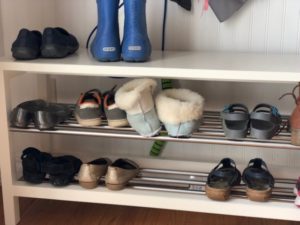
The main reason for this is cleanliness. Consider the myriad nasty things we unknowingly track into our homes:
Bacteria—The University of Arizona conducted a study on the collected germs and microbes on footwear. Researchers found 421,000 units of bacteria on the outside of shoes. This included the following:
- coli
- Streptococcus pneumoniae, also called pneumococcus, Neisseria meningitidis, also called meningococcus, Haemophilus influenzae, also called Hib, Listeria monocytogenes, and group B strep — causes of meningitis
- Campylobacter,salmonella, shigella and Escherichia coli — causes of diarrheal disease
- Klebsiella pneumonia — common source of pneumonia as well as wound and bloodstream infections)
- Serratia ficaria — rare cause of respiratory tract infections and wounds
Toxins—The EPA conducted a study showing that shoes can track dangerous herbicides into homes. Researchers found that the herbicide 2,4-Dichlorophenoxyacetic Acid (or 2,4-D for short) stayed on shoes for up to a week after application. The exposures to these chemicals were higher than that of residues on nonorganic fruits and vegetables. Exposure to 2,4-D can cause skin rashes and gastrointestinal upsets. Long-term health effects of the herbicide are not known.
A different study found that 98 percent of the lead dust found in homes got there by being tracked in from outdoors.
Dirt—Soil, soot and grime tracked into your home means you have to clean more often. Why not just avoid bringing it in in the first place?
The above reasons are compelling enough to remove your shoes indoors. But there are other reasons as well:
Wear and Tear—Dirt, sand, grit and tiny rocks are extremely damaging to both hard floors and carpet. They scratch and gouge hard floors, thereby ruining the finish and creating thousands of places where bacteria can flourish. In carpet, dirt mechanically grinds down the fibers, making it look grungy even after vacuuming. You’ll have to replace your floor covering prematurely.
Be Considerate of Neighbors—Do you live in an apartment or condo? Consider what your downstairs neighbors must endure as you clip-clop around in high heels or dress shoes across wood floors. Taking off your shoes indoors is just plain considerate.
Foot Health—Going barefoot produces a lighter, more natural stride in the body. People accustomed to walking barefoot tend to land with the forefoot or mid-foot, allowing for a more rocking motion of the foot, eliminating a hard heel strike, and generating much less collision force in the foot and lower leg. With less impact and joint torque than wearing shoes causes, barefooting reawakens foot muscles that have atrophied from a lifetime of wearing shoes. The result is a stronger body with less joint pain, better posture, more mobility, greater health and greater freedom.
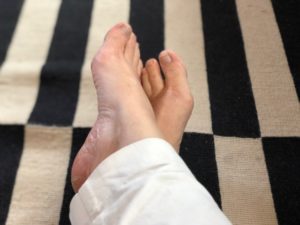 Unless you need to wear arch supports to alleviate pain, your feet are better off bare. Emotionally, removing your shoes is a sign that you’ve arrived in the relaxing sanctuary of your home.
Unless you need to wear arch supports to alleviate pain, your feet are better off bare. Emotionally, removing your shoes is a sign that you’ve arrived in the relaxing sanctuary of your home.
Young children who wear shoes are three times more likely to develop flat feet, which suggests that wearing shoes in early childhood can permanently change the development of the longitudinal arch of the foot. Children who habitually go barefoot develop stronger feet, with better flexibility and mobility, and fewer deformities like flat feet or inwardly-curving toes.
Some people simply have a problem with looking at other people’s feet or exposing their own. This can come from insecurity about their feet’s appearance or about embarrassing foot odor. But it’s a hang-up that’s worth hanging up — for plenty of reasons, most especially for our health.


